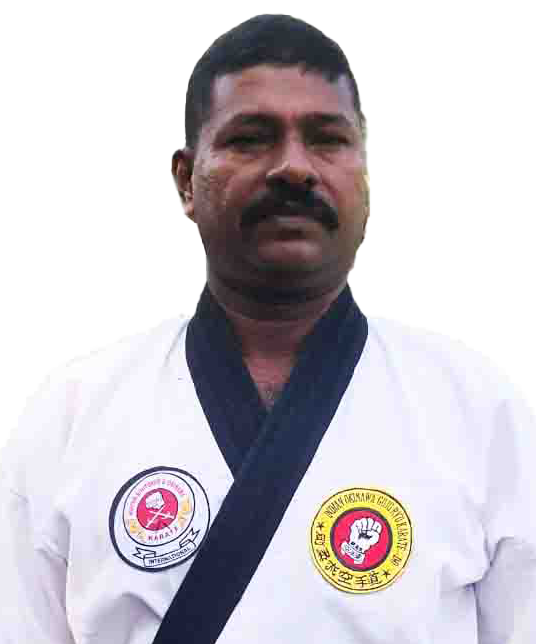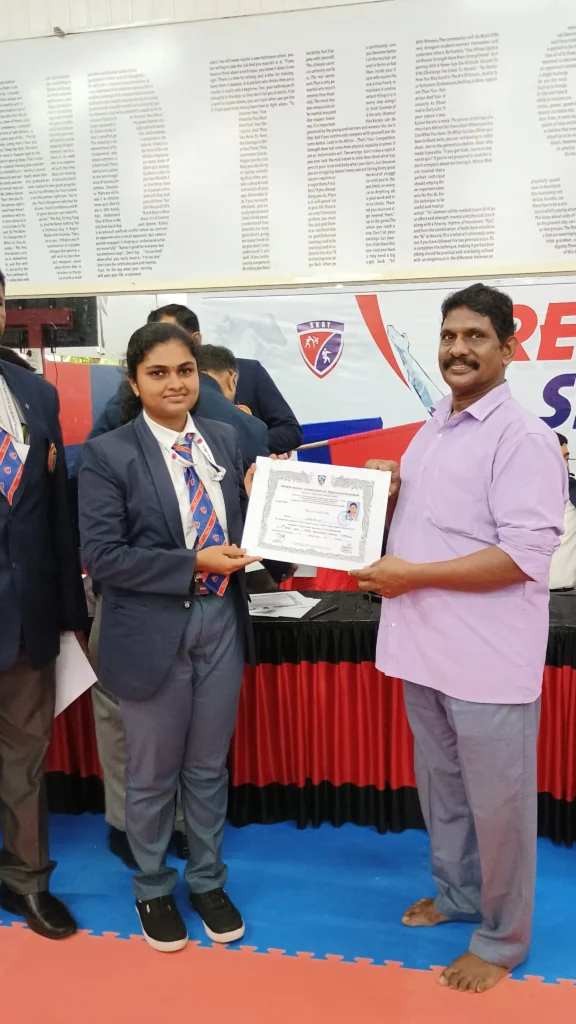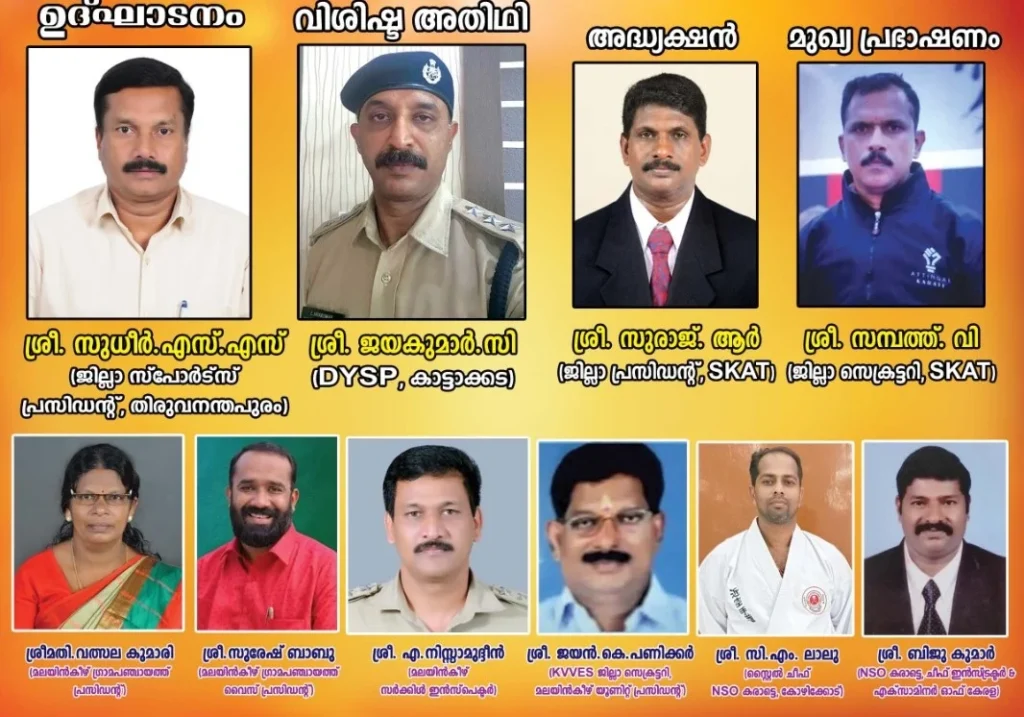Studying karate involves a comprehensive approach that encompasses physical, mental, and philosophical aspects. Here are some key points to consider when studying karate:
- Basic Techniques: Focus on mastering fundamental techniques such as punches, kicks, blocks, stances, and strikes. Repetition and precision are crucial for developing strong foundational skills.
- Kata: Practice kata, which are predetermined sequences of movements that simulate combat scenarios. Kata helps improve technique, balance, timing, and focus.
- Kumite (Sparring): Engage in controlled sparring sessions with training partners to apply techniques in a dynamic and interactive manner. Kumite helps develop timing, distance management, and adaptability.
- Physical Conditioning: Build strength, flexibility, agility, and endurance through regular physical conditioning exercises like calisthenics, cardio, and resistance training. A strong body is essential for executing techniques effectively and preventing injuries.
- Mental Discipline: Cultivate mental discipline through focused concentration, patience, perseverance, and self-control. Karate requires mental toughness to overcome challenges and push through obstacles.
- Respect and Etiquette: Embrace the traditional values of respect, humility, and courtesy towards instructors, training partners, and the martial art itself. Proper etiquette is an integral part of karate training.
- Continuous Learning: Approach karate as a lifelong journey of learning and self-improvement. Stay open-minded and receptive to new techniques, concepts, and perspectives from instructors and fellow practitioners.
- Application in Daily Life: Seek to apply the principles of karate, such as discipline, respect, and self-control, to everyday situations outside of the dojo. Karate is not just a physical activity but a way of life.
- History and Philosophy: Study the history, philosophy, and principles of karate to gain a deeper understanding of its origins and underlying concepts. Learning about the cultural context can enrich your practice and appreciation of the art.
- Safety and Injury Prevention: Prioritize safety during training by using proper protective gear, warming up adequately, and practicing techniques under supervision. Respect your body’s limits and listen to any warning signs of potential injury.
- Goal Setting: Set specific, achievable goals for your karate training, whether it’s earning a black belt, mastering a particular technique, or participating in competitions. Regularly reassess and adjust your goals as you progress.
- Community Involvement: Get involved in the karate community by attending seminars, workshops, tournaments, and other events. Building connections with fellow practitioners can offer support, motivation, and opportunities for growth.
By incorporating these points into your karate studies, you can develop a well-rounded and fulfilling martial arts practice that extends beyond physical prowess to encompass mental and spiritual growth as well.













